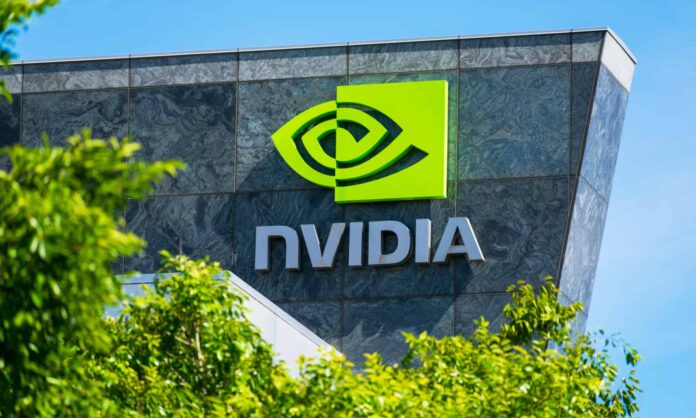Nvidia was on the verge of becoming the first company worth $5 trillion on Tuesday after the heavyweight chipmaker said it had $500 billion in bookings for its artificial intelligence processors and that it will build seven new supercomputers for the U.S. Department of Energy.
Nvidia’s stock closed almost 5% higher, adding over $230 billion in market value, bringing its total value to $4.89 trillion after briefly touching $4.94 trillion.
CEO Jensen Huang kicked off a keynote address at a developer conference in the U.S. capital on Tuesday by praising policy by U.S. President Donald Trump while announcing new products and deals.
Nvidia is at the core of the global rollout of AI, and is striking deals while navigating a U.S.-China trade war that could determine which technology from the two countries is most used around the world.
The Santa Clara, California, company’s stock has surged 50% in 2025. Its market capitalization closed above $4 trillion for the first time in July.
Microsoft, the world’s second most valuable company, rose 2%, lifting its market capitalization to $4.03 trillion. It and OpenAI announced a restructuring deal that frees the ChatGPT maker to move away from its nonprofit roots and likely go public.
The supercomputers Nvidia is building for the Energy Department will in part help the U.S. maintain and develop its nuclear weapons arsenal. The largest of the supercomputers will be built with Oracle and contain 100,000 of Nvidia’s high-end Blackwell AI chips.




